
Program St. Pölten
With this program we dive deep into the more profound layers of a critical view of our digital culture, we review our tools and our environments, we ask ourselves questions and discuss them with experts from the fields of science, art and actionism in order to arm ourselves with the tools of the trade for digital self defence.
Blackbox KI
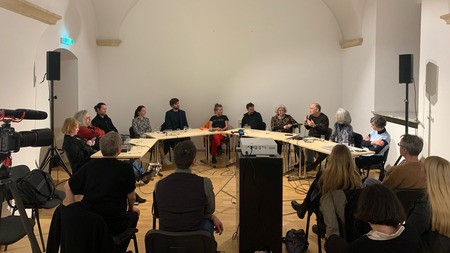
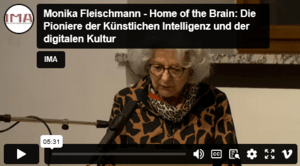
link to video documentation
DO 09 03 2023 6pm
A round table conversation swith scientists and artists on the topic of Artificial Intelligence and its impact on artistic production and the question of responsibility
Let’s open Pandora’s box, yet not close it before the hope for change escapes from it. AI programmes are increasingly used in artistic production as well as in decision making processes relevant for society. But who can actually see into the algorithm? Who is capable of changing the parameters according to their own ideas, of attaching the proper weight, of creating the data sets necessary for an AI and thereby, when selecting them, of making the essential preliminary decisions? And who will take on responsibility for the decision made by an AI?
with Monika Fleischmann / Reni Hofmüller / lixvlx/UBERMORGEN / Patrik Lechner / Norbert Math / Tassilo Pellegrini / Markus Seidl / Djordje Slijepčević / Marlies Temper / Rania Wazir
Moderation: Elisabeth Schimana
An event in cooperation with the FH St. Pölten
When the Net was still Young: And what about the Future?
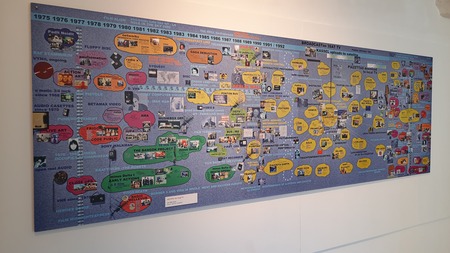
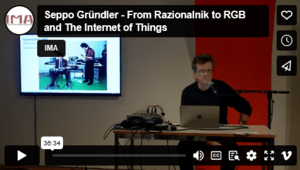
link to video documentation
THU 26 and FRI 27 01 2023
When the Net was still Young: And what about the Future?
A series of events on the topic of net art and net culture
In the early 1990s and following forerunners such as Mailart, a new communicative space – the www – inspired artists to develop utopias for art taking place on the web. Since the space was unexplored and open it offered ideal conditions for experimentation. In Austria, a very active scene emerged around Ö1 Kunstradio and its protagonists Heidi Grundmann and Robert Adrian X or the group of artists HILUS. The thorough commercialisation of this once fully unoccupied space has pushed the early utopias to the background. Let’s bring them out again and catapult them into the 3rd millennium. But this also raises fundamental questions about Internet policy and its impact on society. Let’s recall the initial utopias, analyse the status quo and spin on!
Thu 26 01 2023 7pm
Pioneers
Lecture Performances, Lectures with Seppo Gründler / Mike Hentz / Eva Ursprung, Helen Varley Jamieson, Vicki Smith and Renate Kreil
Screening of the IMAficiton portraits by Heidi Grundmann and Rebekah Wilson
FR 27 01 2023 10am - 7pm
Symposium on the history and future of the net
with Roland Alton / August Black / Aileen Derieg / Seppo Gründler / Mike Hentz / Jogi Hofmüller / Dieter Kovačič / Renate Kreil / Philip Leitner / Daniel Lohninger / Christoph Nebel / Christian Panigl / Rena Tangens / Eva Ursprung / Herbert Waloschek / Rebekah Wilson / Elisabeth Zimmermann / Klaudia Zotzmann-Koch a.o.
Opening Stadtmuseum St. Pölten
30 11 2022 18:00 Uhr
Opening with a musical contribution by Margarethe Maierhofer-Lischka
01 12 2022 17:00 Uhr
Curators tour with all artists
02 12 2022 17:00 Uhr
Lectures and discussion (in English)
Technologies of Hope and Fear
Lecture by Marek Tuszynski
A pandemic changes everything. The time it shapes becomes exceptional, and in exceptional times things tend to happen that might not have happened otherwise. Technology is always about trade-offs and desires. Technologies of Hope & Fear is a project documenting a selection of hundreds of proposed technological solutions to the pandemic and its consequences. In this talk, Marek Tuszynski will reveal 10 inspiring ways to think about techno-solutionism, because we need to be inventive and creative about how we look at and decipher what is often presented as the thing that will solve something else. Are pandemic technologies about controlling the virus, or about controlling the host?
Trust
Lecture by Danja Vasiliev
The expectations we have of machines are flawed. We create technology in juxtaposition to our own biological substrate, expecting some degree of sentience – which isn’t exactly a technological property. Humanizing machines became a major glitch in our human-computer interaction model, where trust is something intrinsically absent. Today we have to “trust” more and more devices and things which actually are artificial, things which make decisions based solely on algorithms.
========================
03 12 2022 2 - 5pm
Workshops (in english)
Investigating unsecured webcams
Caroline Buttet 2pm
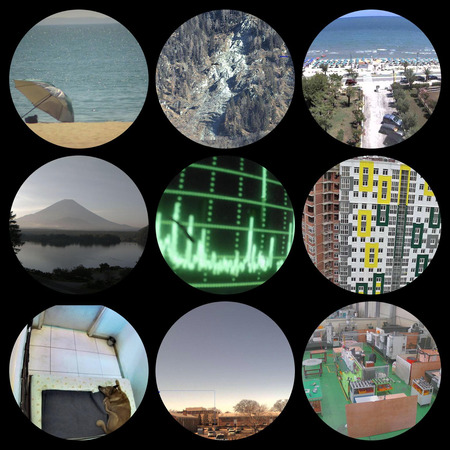
There are an estimated 770 million surveillance cameras around the world. Some of them still have a default password and username, making them entirely accessible by anyone with an internet connection. In this workshop, participants will learn more about those unsecured feeds; how they are collected and why they are publicly accessible. In the spirit of the interactive piece Virtual Peephole, participants will be given the tools to explore unsecured camera feeds and curate a selection of videos of their choice. Based on this curation, participants will speculate and imagine how those selected feeds could be displayed to the public.
FANGØ
Martin Nadal 03:30pm
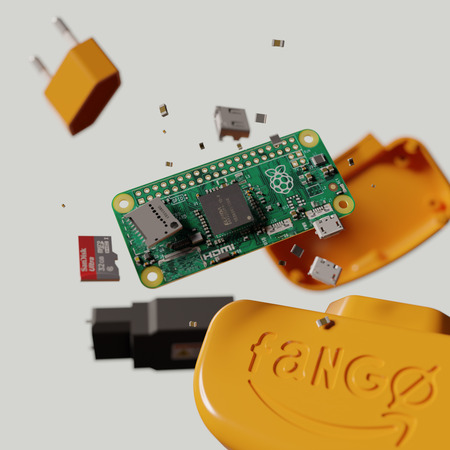
“FANGØ” is a defense weapon against surveillance capitalism. Disguised as a mobile phone charger, a microcontroller takes control of the smartphone in which it is plugged in. Making queries to Amazon, Google, and other search engines, uploading videos on YouTube, liking random photos on Instagram, it aims to deceive data brokers, and disrupt the data capturing process.
In this two-part workshop, the artist will introduce participants to the concept of surveillance capitalism and how it works, and he will present examples of works from other artists who examine similar ideas through their work. In the second part, the group will discuss the technical aspects of the “FANGØ” device, and the participants will have the chance to replicate one using their own Raspberry Pi, under the artist’s guidance.